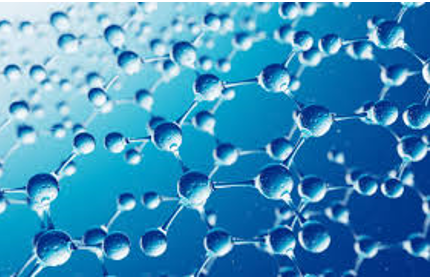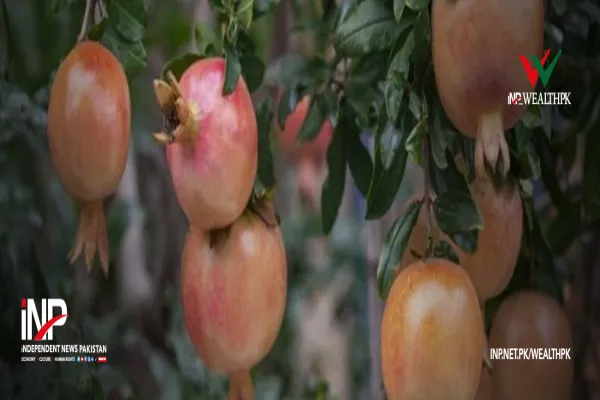i INP-WEALTHPK
Faiza Tehseen
Unsafe handling of hydrocarbon waste is intensifying climate change and threatening public health in Pakistan, Dr. Riffat Tahira, Principal Scientist at the National Agricultural Research Centre (NARC), said while talking exclusively to WealthPK.

“This negligence is not only hazardous for the environment and human health but also undermines the country’s commitment to climate resilience,” she said. Pakistan is a climate-vulnerable country, and the environmental cost of inaction could be severe, said Dr. Riffat. “Pakistan lacks standardized protocols for safe disposal of hydrocarbon waste.
It is often disposed of without adhering to the national environmental quality standards (NEQS), particularly in the oil and gas extraction zones, industrial parks, and transportation hubs,” she said. According to Dr Riffat, improper disposal of petroleum residues, industrial sludge, and oil-contaminated waste not only releases potent greenhouse gases (GHG) into the atmosphere but also increases the risk of soil degradation and groundwater contamination.
Communities living near the oil-contaminated lands and untreated industrial waste sites face increased exposure to respiratory infections, waterborne diseases, and soil-borne toxins. The heavier forms of hydrocarbons can contaminate soil and groundwater. Methane is a powerful heat-trapping greenhouse gas than CO2. So, when it leaks into the atmosphere unburned, it contributes more to climate change than the carbon dioxide produced by burning it.
She said improving hydrocarbon waste management is crucial for climate resilience, public health protection, and environmental justice in Pakistan. It includes prevention, containment, clean-up, and proper disposal of contaminated materials. Poorly managed hydrocarbon waste releases volatile organic compounds (VOCs) and methane, which harm the climate and degrade air quality.
“Across the globe, the pollutants are treated through biotechnology. Some bacteria and fungi also help degrade the hydrocarbon waste and other effluents. It is important to introduce and popularize biodegradation techniques in the country for treating hazardous materials. “It is also important to implement national guidelines on hydrocarbon waste handling by establishing standardized frameworks.
Urgent policy action, institutional coordination, and enforcement mechanisms are essential to prevent long-term ecological and economic damage.” She emphasized that the government should support public-private investment in hazardous waste treatment. Technical and institutional capacity-building of local waste handlers, industrial workers, and provincial EPA (Environmental Protection Agency) teams is necessary to dispose of hydrocarbon waste, she added.
“The government should integrate hydrocarbon waste management into its broader climate resilience and pollution control strategies, including the National Adaptation Plan (NAP). It is necessary to enforce environmental regulations according to the National Environmental Quality Standards (NEQS),” said Dr. Riffat. Talking about safe waste handling to address hydrocarbon risks and climate impacts, chemist Mumtaz Hussain Mian said, “Hydrocarbons largely contribute to climate change and air pollution.
Burning hydrocarbons releases greenhouse gases (GHG), which warm the planet by trapping heat, form smog and other harmful air pollutants, impacting human health and ecosystems.” He said it is necessary to prevent contamination by cleaning up spills and leaks, developing spill response plans, maintaining equipment, and properly storing hydrocarbon-containing materials.
“To cope with hydrocarbon contamination, different techniques are used, including chemical oxidation, bioremediation, soil washing, or vapor extraction. Some of them can be expensive, but government support can help a lot. Public-Private partnership (PPP) can also play a vital role in this regard,” Mumtaz added.
Credit: INP-WealthPk






